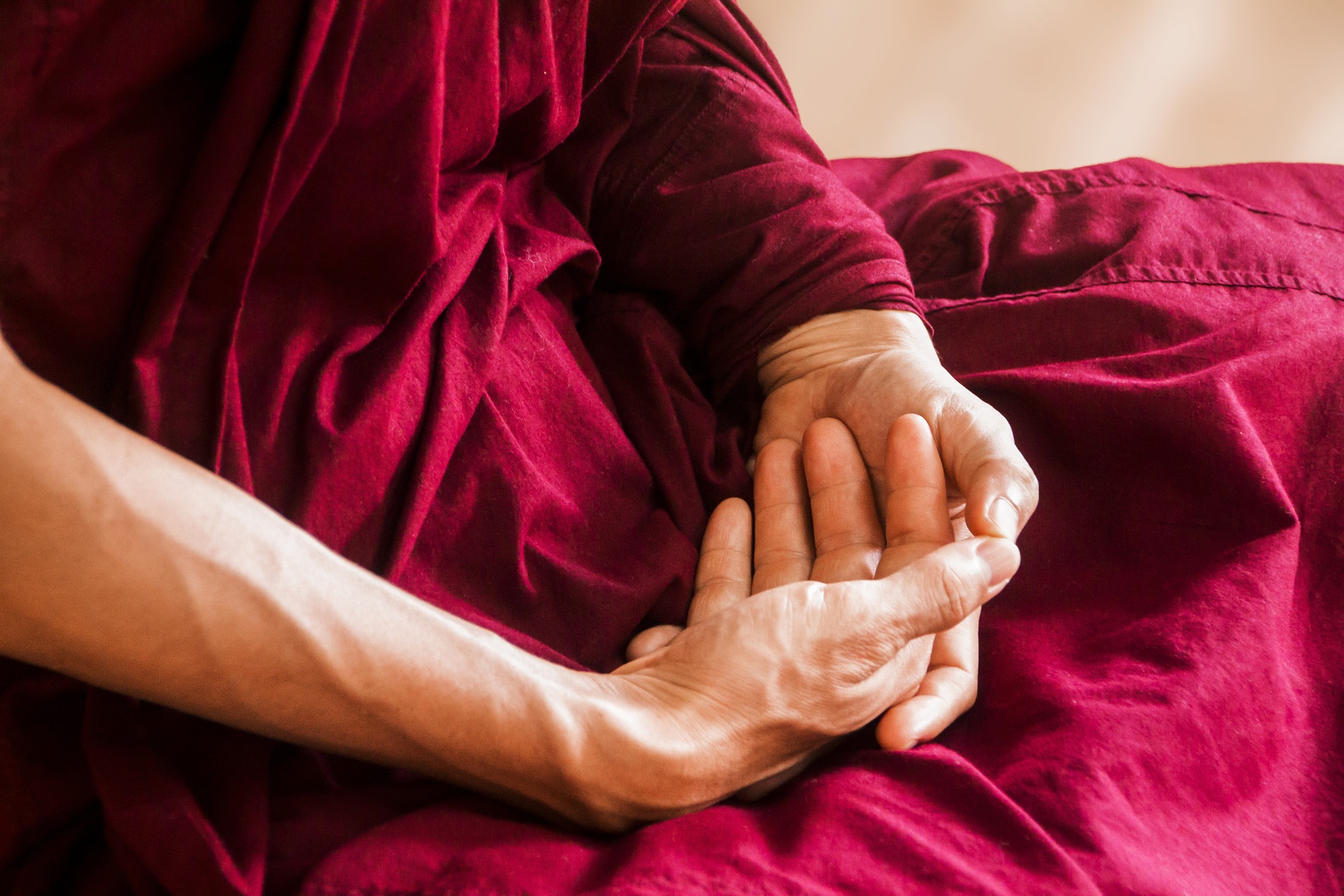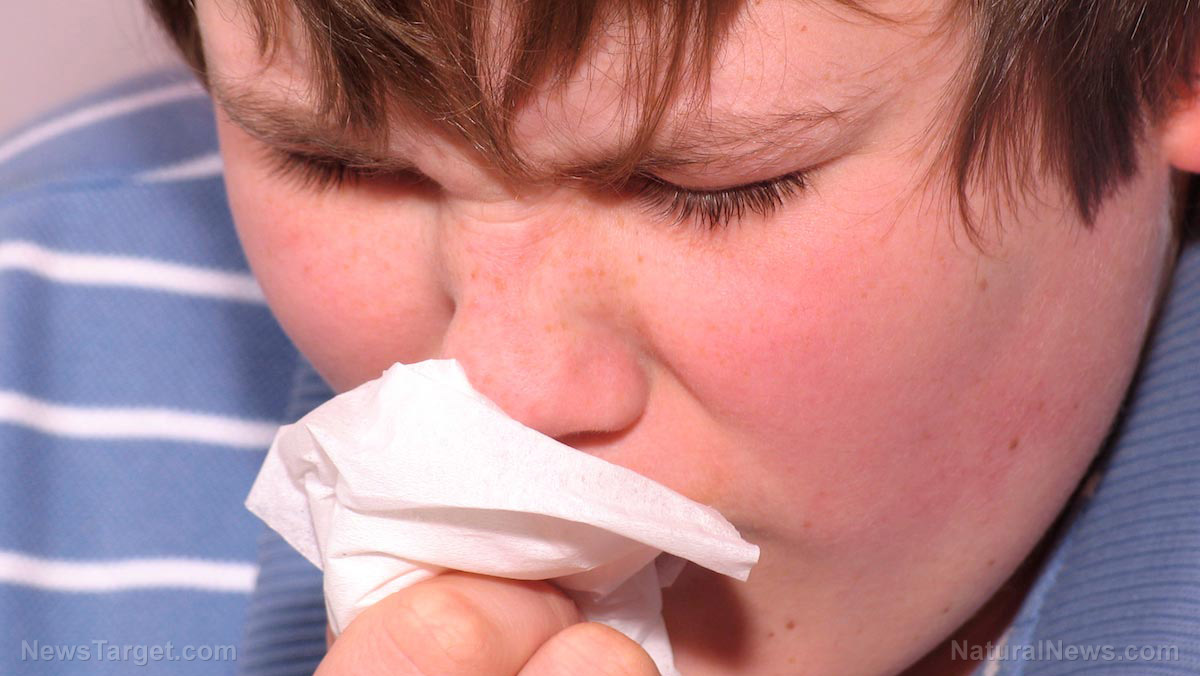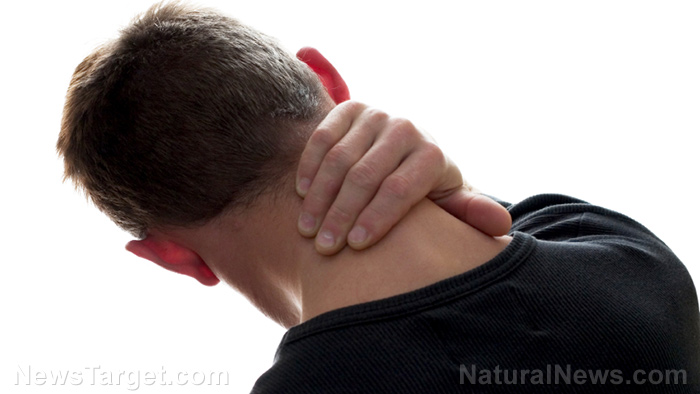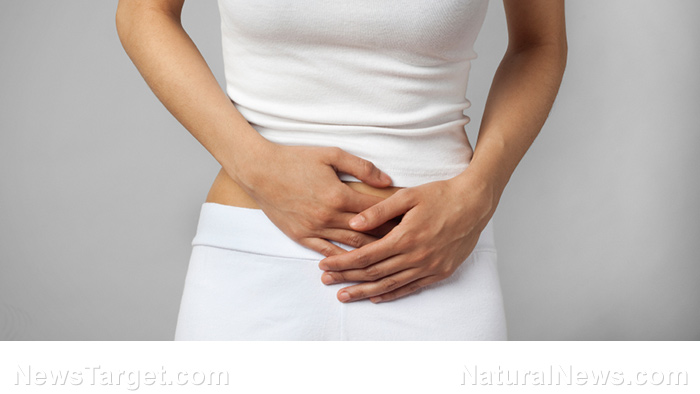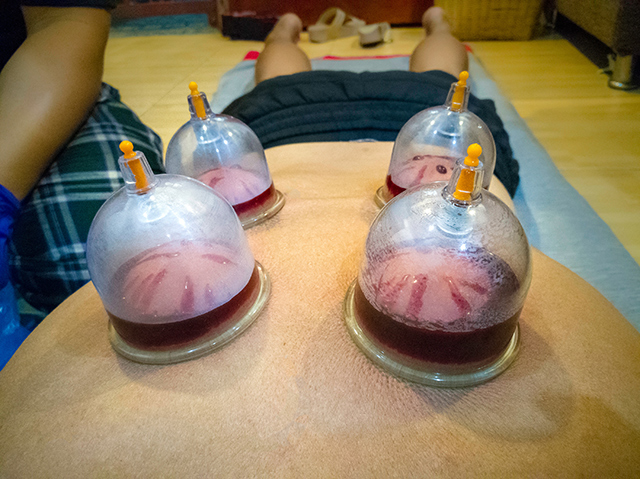Acupuncture found to be more effective than conventional treatments at reducing sensory, emotional, and motor damage
10/02/2018 / By Jessica Dolores
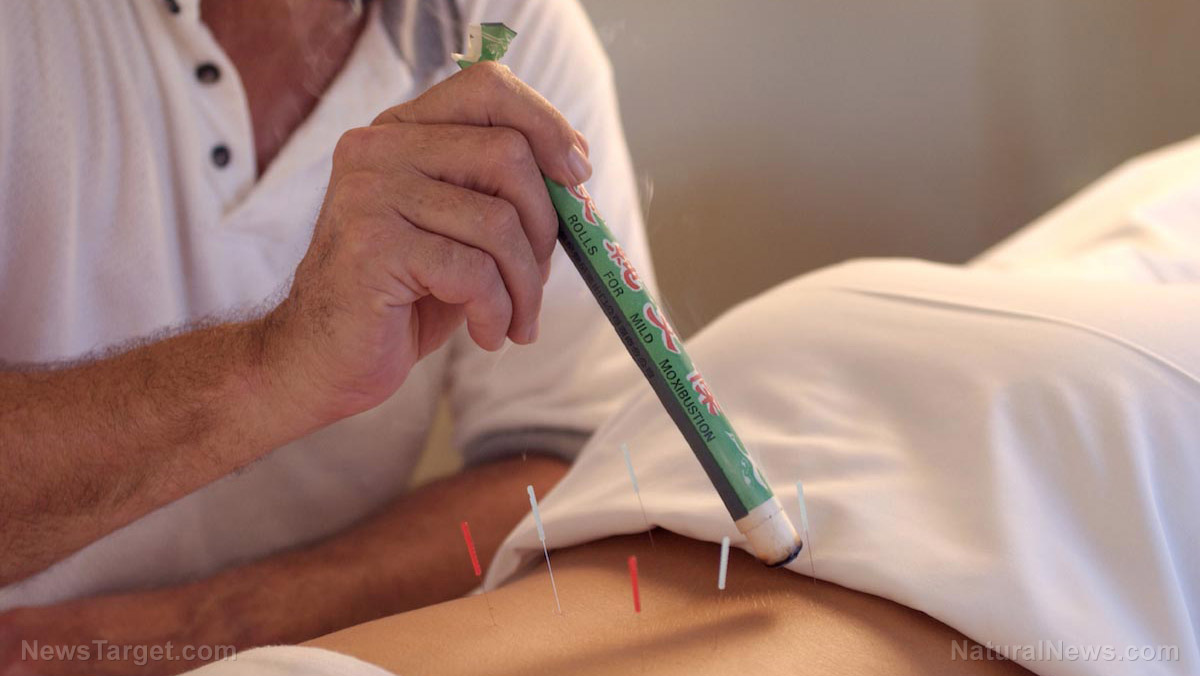
Needles often conjure images of pain. When someone tells you he’s sitting on pins and needles, it means that person is so tense he can hardly relax. But Traditional Chinese Medicine looks at it another way. Practitioners of acupuncture, a technique using several needles to balance the flow of energy or chi in our body, welcome needles as the key to health.
They believe energy flows through pathways in our body and putting acupuncture needles in these pathways help the body regain its lost balance. Yes, your body may feel sore after lying on the acupuncturist’s bed for quite some time, but a growing number of scientific evidence shows that the pain is worth it. Their health conditions improve.
It comes as no surprise that in the U.S., the National Health Interview Survey covering health experts in the Texas Tech University Health Sciences Center, the University of Maryland School of Dentistry and the University of Maryland School of Medicine reports that the number of those who believe in acupuncture has risen over the past five years. More and more Americans are turning to this form alternative medicine for their aches and pains.
A recent study shed more light on the role of acupuncture in helping victims of ischemic stroke, which occurs when a blood clot prevents blood from entering the brain following a clot that blocks the said organ’s blood vessels.
Researchers experimented on 21 ischemic stroke patients from January 2011 to December 2013 by dividing them into two groups. Group A (11 patients) underwent acupuncture and conventional treatment. Group B (10) patients were confined to conventional treatment.
Group A showed greater improvement in their emotional, sensory and motor functions. This could mean that acupuncture may affect cerebral functions that controlled the patients’ feelings, senses and movements.
Group B also showed positive effects, but on a more limited basis. The changes were confined to the frontal and parietal lobe of the patients’ brains. The researchers did not notice these changes in other areas that controlled other body functions the way Group A did.
Acupuncture isn’t just for the sick
It’s not just the sick who frequent acupuncture clinics. Persons who are in the pink of health go there just to maintain their well-being.
That’s because acupuncture strengthens the body, promotes vitality and stimulates the energy flow in the body. It prevents and treats problems regarding digestion, insomnia, sleep disorders, migraines and other kinds of headaches. It also makes us easier to get along with by reducing mood swings, depression, anxiety and post-traumatic stress disorder.
Representatives from 12 countries who gathered in Beijing for the World Health Organization (WHO) International Seminar on Acupuncture, Moxibustion, and Acupuncture Anesthesia reported that acupuncture treats the following diseases:
- Acute sinusitis and tonsilitis
- Bronchial asthma
- Acute conjunctivitis and cataracts
- Gingivitis
- Acute and chronic pharyngitis
- Spasms of the esophagus and cardia
- Acute and chronic gastritis
You need to set aside time from your busy schedule if you want to undergo acupuncture. That’s because a session involves the following:
- Needle insertion. Five to 20 very thin acupuncture needles are gently inserted into various parts of your body. You’ll have a mild aching feeling when the needles reach the right depth.
- Needle manipulation. The acupuncturist may move or twirl the needles gently after applying heat or mild electrical pulses to them.
- Needle removal. Needles usually stay in your body for 10 to 20 minutes as you lie down and relax. You won’t feel uncomfortable when the acupuncturist removes the needles.
After the session, let your body relax and get used to new energy flow it has within. Rest, go light on exercise. Apply heat on the painful part of your body (if any). Stay away from alcohol and coffee. Eat healthy food. Turn off the TV for once.
You’ll end up feeling on top of the world.
Sources include:
Tagged Under: acupuncture, alternative medicine, Chinese medicine, energy flow, ischemic stroke, pain relief, remedies, stroke, therapies


